
Hansard Society -
Supporting knowledge and understanding of the Westminster Parliament

Russia-Ukraine crisis: how are sanctions Regulations made and how does Parliament scrutinise them?
Read more
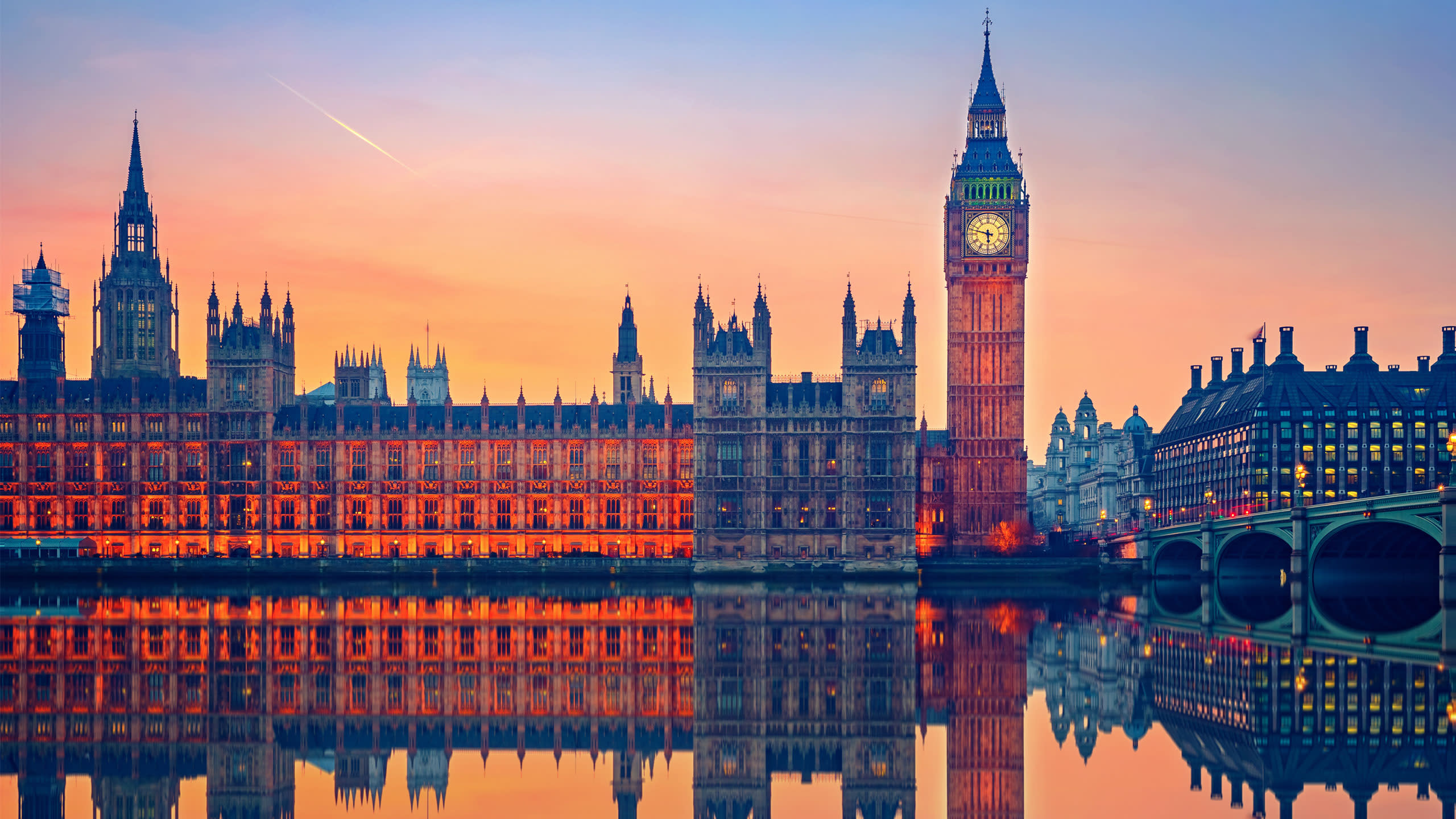

Founded in 1944, the Hansard Society is the UK’s leading source of independent research and advice on Parliament and parliamentary affairs.
Latest

Compendium of Legislative Standards for Delegating Powers in Primary Legislation
The scope and design of the delegation of legislative powers in any Bill affects the long-term balance of power between…Parliament and Government. The House of Lords Delegated Powers and Regulatory Reform Committee (DPRRC) scrutinises all such delegation. This report distils standards for the delegation of powers from 101 DPRRC reports from 2017 to 2021.

Genetically modified organisms: Primary or delegated legislation?
A Statutory Instrument comes into force on 11 April that changes the legal requirements for the release of certain types… of genetically modified plants. Some argue that the changes should have been made by primary, rather than delegated, legislation. Where does the boundary between the two lie?
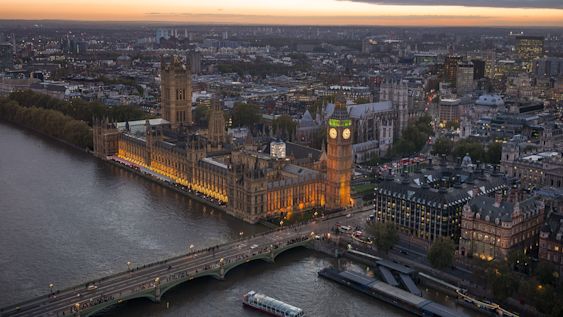
Constitution and Governance in the UK: Parliament and Legislation
The Brexit process, the pandemic and the approach of the Johnson Government have all tended towards Parliament’s margina…lisation and the accretion of executive power. For UK in a Changing Europe’s report on the constitutional landscape, we show how – in the legislative process and control of public money and executive action, including delegated legislation.

What role does the UK Parliament play in sanctioning an individual? [Video]
Sanctions are imposed on an individual in two stages - by Ministers first making regulations and secondly designating th…e individual, using a power in those regulations. Parliament has a role in the first stage, but not the second.
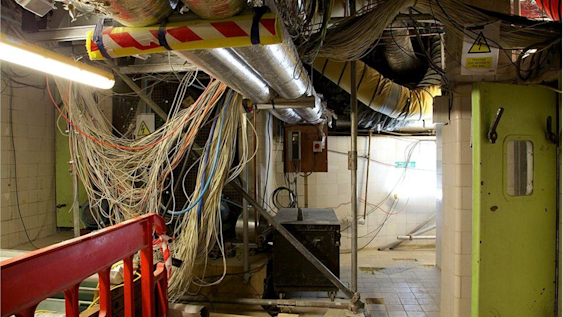
Written evidence to the House of Commons Public Accounts Committee: the Restorat…ion and Renewal of Parliament
Our submission to the Public Accounts Committee highlighted the financial and practical challenges that MPs face in deci…ding the fate of Parliament’s Restoration and Renewal programme. We particularly questioned the viability of the proposal to continue operating the House of Commons Chamber in the middle of a building site.
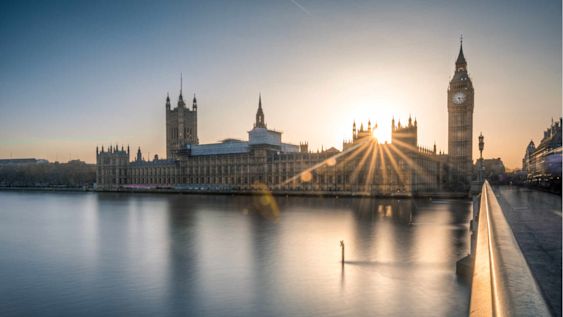
Written evidence to the House of Commons European Scrutiny Committee: Retained E…U Law: Where next?
Our submission to the House of Commons European Scrutiny Committee inquiry into retained EU law (REUL) placed the issue…in the context of our Delegated Legislation Review. It discussed REUL’s diversity and amendment; the people and organisations to whom REUL amendment may matter; and parliamentary scrutiny of delegated legislation arising from amending REUL.
Themes

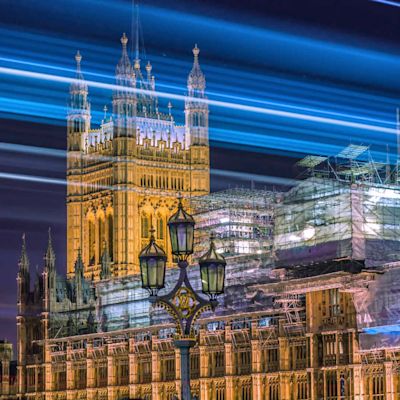
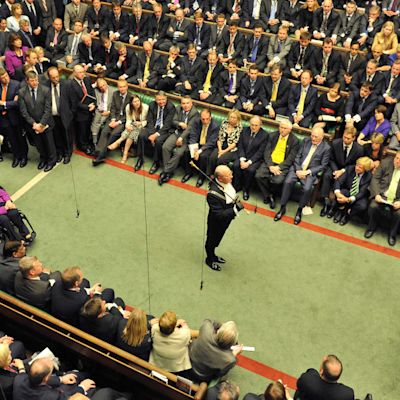

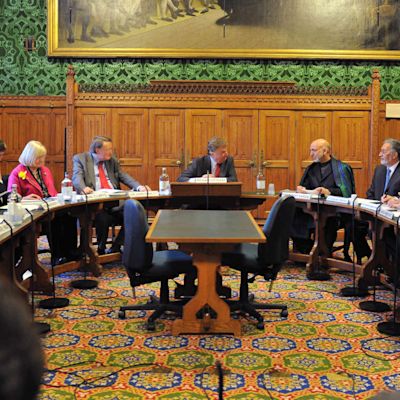




Genetically modified organisms: Primary or delegated legislation?
A Statutory Instrument comes into force on 11 April that changes the legal requirements for the release of certain types… of genetically modified plants. Some argue that the changes should have been made by primary, rather than delegated, legislation. Where does the boundary between the two lie?

Constitution and Governance in the UK: Parliament and Legislation
The Brexit process, the pandemic and the approach of the Johnson Government have all tended towards Parliament’s margina…lisation and the accretion of executive power. For UK in a Changing Europe’s report on the constitutional landscape, we show how – in the legislative process and control of public money and executive action, including delegated legislation.

What role does the UK Parliament play in sanctioning an individual? [Video]
Sanctions are imposed on an individual in two stages - by Ministers first making regulations and secondly designating th…e individual, using a power in those regulations. Parliament has a role in the first stage, but not the second.

Brexit ‘Freedoms’, Risks and Opportunities? Certainty and uncertainty in the rev…ision of retained EU Law
The UK Government’s ‘Benefits of Brexit’ Policy Paper proposes allowing changes to retained EU law to be made "more easi…ly" via delegated legislation. This raises constitutional concerns about the undermining of Parliament’s legislative authority.

Russia-Ukraine crisis: how are sanctions Regulations made and how does Parliamen…t scrutinise them?
The UK’s new Russia sanctions Regulations, being debated by the House of Commons on 22 February 2022 with one day’s noti…ce, highlight the use of delegated legislation to introduce sanctions regimes and the challenges posed for parliamentary scrutiny of urgent measures.
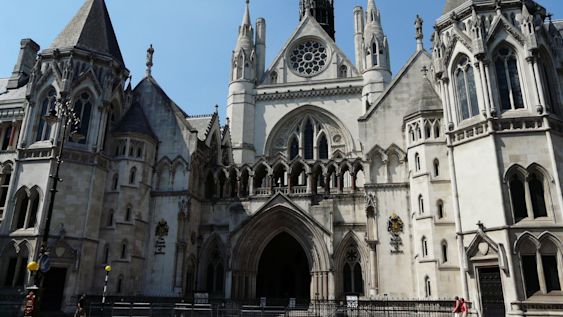
The care placement Regulations and the courts: too many holes in the net of parl…iamentary scrutiny?
A forthcoming judicial review on children-in-care highlights parliamentarians’ inability to challenge only certain aspec…ts, rather than the whole, of a Statutory Instrument. Courts can and do provide an important backstop against unlawful use of delegated powers, but this does not diminish the need for better parliamentary oversight of delegated legislation.

Compendium of Legislative Standards for Delegating Powers in Primary Legislation
The scope and design of the delegation of legislative powers in any Bill affects the long-term balance of power between…Parliament and Government. The House of Lords Delegated Powers and Regulatory Reform Committee (DPRRC) scrutinises all such delegation. This report distils standards for the delegation of powers from 101 DPRRC reports from 2017 to 2021.

Written evidence to the House of Commons Public Accounts Committee: the Restorat…ion and Renewal of Parliament
Our submission to the Public Accounts Committee highlighted the financial and practical challenges that MPs face in deci…ding the fate of Parliament’s Restoration and Renewal programme. We particularly questioned the viability of the proposal to continue operating the House of Commons Chamber in the middle of a building site.

Written evidence to the House of Commons European Scrutiny Committee: Retained E…U Law: Where next?
Our submission to the House of Commons European Scrutiny Committee inquiry into retained EU law (REUL) placed the issue…in the context of our Delegated Legislation Review. It discussed REUL’s diversity and amendment; the people and organisations to whom REUL amendment may matter; and parliamentary scrutiny of delegated legislation arising from amending REUL.

The Economic Crime (Transparency and Enforcement) Bill: four delegated powers th…at should be amended to improve future accountability to Parliament
The Bill seeks to crack down on ‘dirty money’ and corrupt elites in the UK and is being expedited through Parliament fol…lowing Russia’s invasion of Ukraine. This briefing identifies four delegated powers in the Bill that should be amended to ensure future accountability to Parliament.

Delegated Legislation: Frequently Asked Questions
What is delegated legislation? What is Parliament’s role in it? And what is a ‘Henry VIII’ power? We answer your questio…ns

What Covid Regulations might MPs be asked to debate on 14 December and how will…the Regulations be approved?
What Covid Regulations will the House of Commons debate on 14 December, and how? Amid backbench unrest, the occasion wil…l be shaped by the interplay between delegated legislation scrutiny, parliamentary procedures, and raw politics. The outcome could have profound consequences for both public health policy and the Prime Minister’s position.